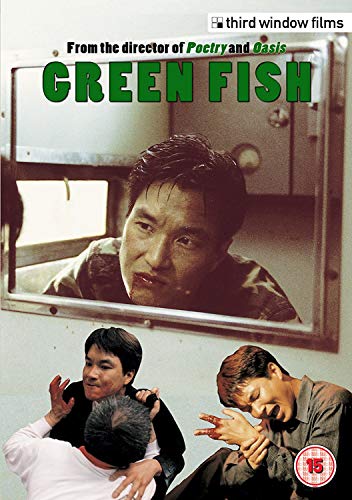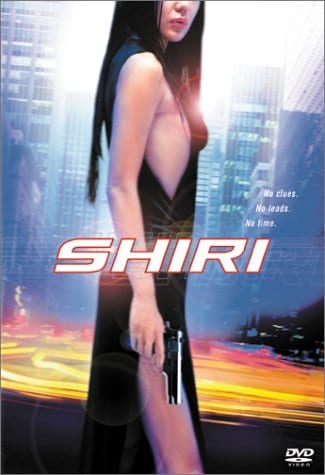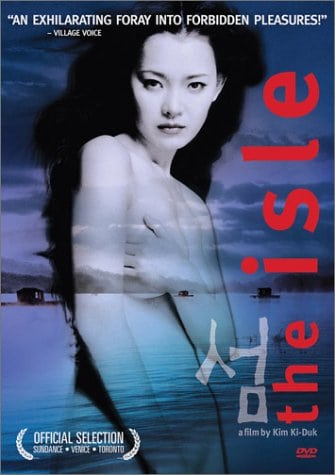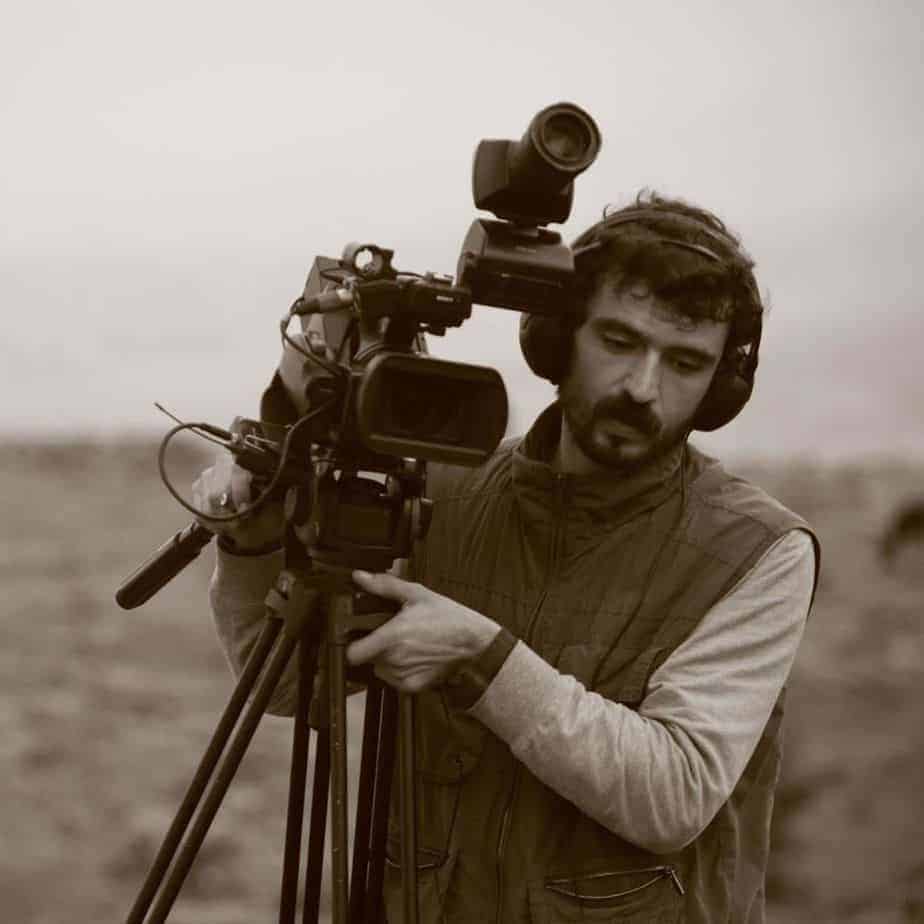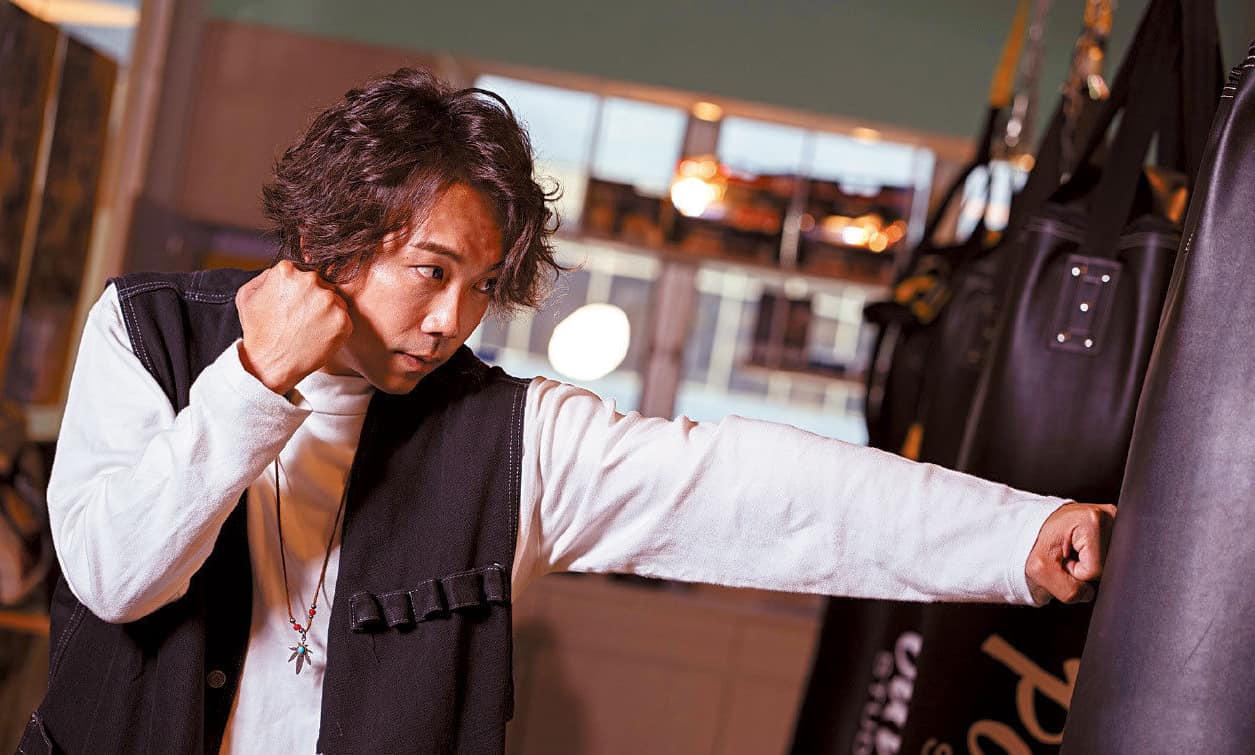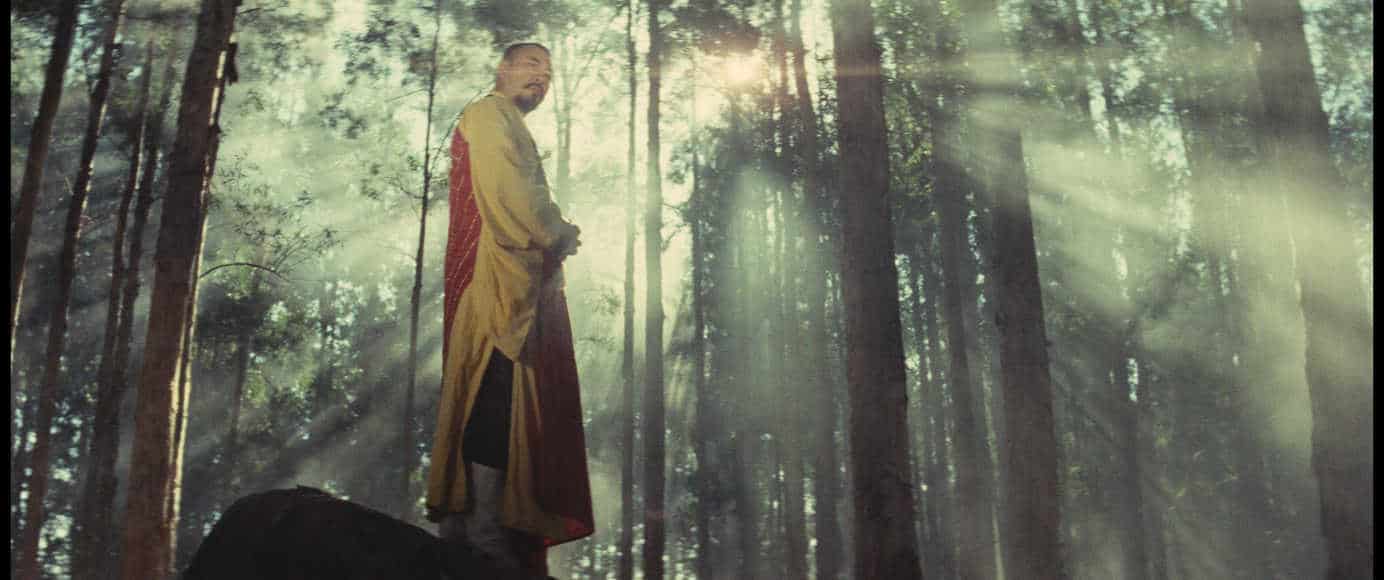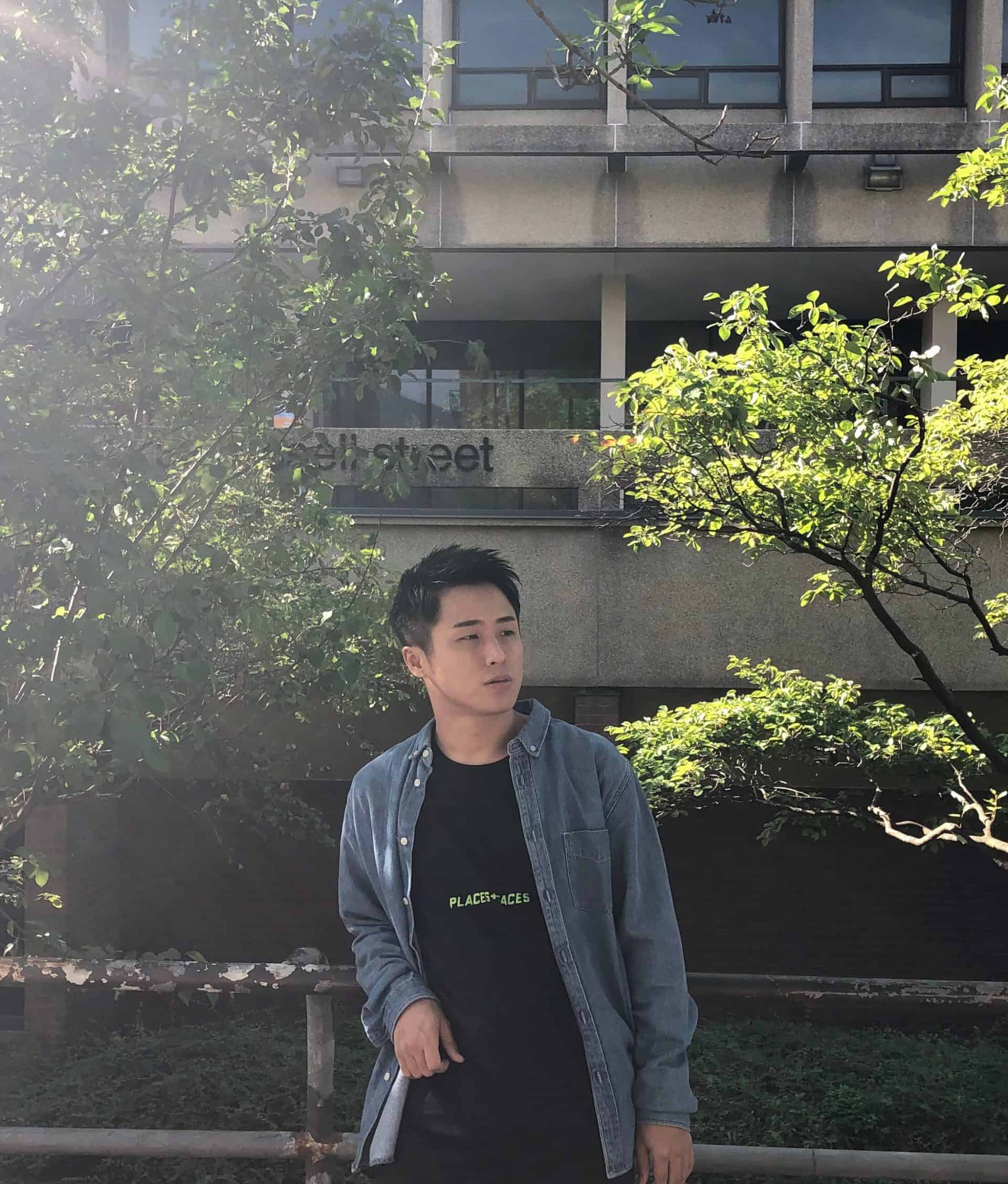21. Spinning the Tales of Cruelty Towards Women (Lee Doo-yong, 1983)
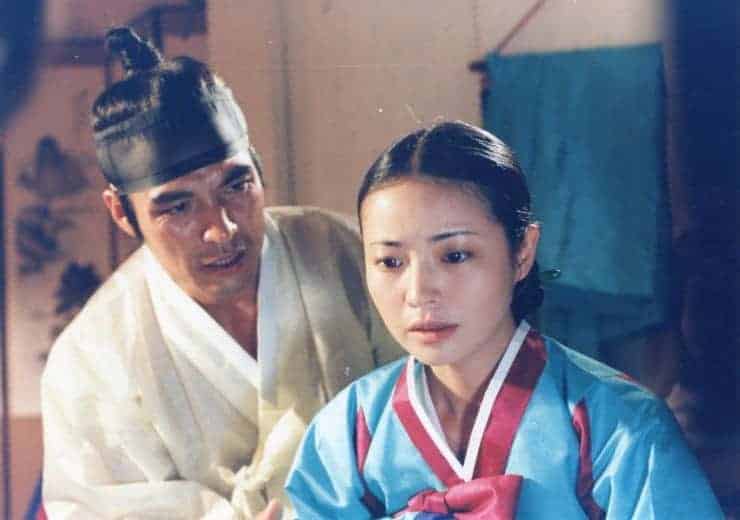
Gil-rye is a maiden from a respectable but poor family. She marries the deceased son of the powerful Official Kim's household. Gil-rye acts as young widow but she is violated by Han-saeng. When this is found out, Gil-rye is able to run away thanks to the kindness of her father-in-law. Gil-rye meets Yoon-bo, a servant in Official Chae's household, and marries him, becoming a servant herself. Afterwards, Yoon-bo hears that the honor of his household is to be restored so he takes Gil-rye to his hometown and marries her. However, when she has no children, Yoon-bo takes a mistress. Yoon-bo realizes that he is the one who is infertile. He forces Gil-rye to continue the bloodline. Gil-rye has a son. However, when her husband hands her a knife, Gil-rye understands and hangs herself.
22. Declaration of Fools (Lee Jang-ho, 1983)
Dong-cheol had been a pickpocket, beggar, pimp, etc. He is accustomed to the dark life of crime. One day, Dong-cheol meets Yook-deok while trying to kidnap the fake college student, Hye-yeong. Dong-cheol and Yook-deok find out that Hye-yeong is a prostitute. They do her errands and get fed, barely making it. Dong-cheol and Yook-deok get thrown out after fighting with a customer. Hye-yeong goes with Dong-cheol and Yook-deok and enjoy themselves at a beach resort. Dong-cheol falls in love with Hye-yeong. Afterwards, Hye-yeong gets work at a high-class restaurant in Seoul. A customer forces her to drink too much liquor and Hye-yeong ends up dead. They dress her up real nice and bury her with the notes of a sad song ringing throughout the air.
23. Whale Hunting (Bae Chang-ho, 1984)
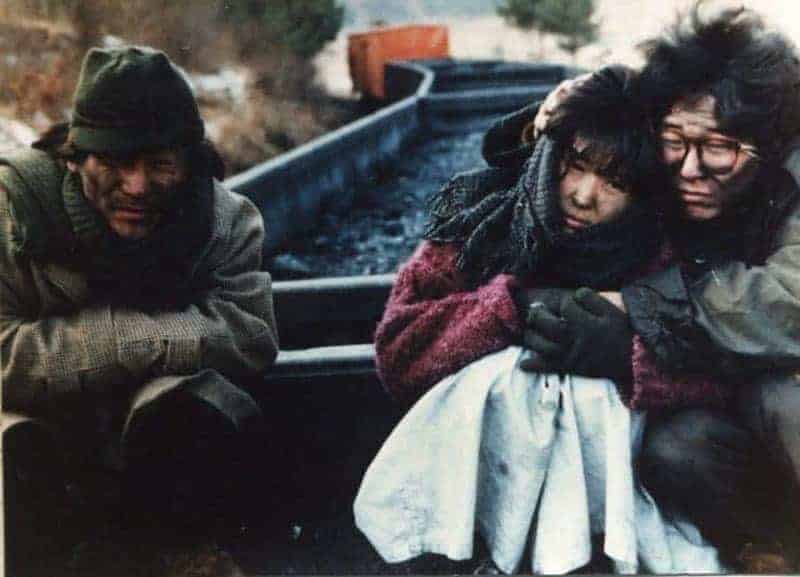
The shy Byeong-tae has a crush on Mi-ran, a college student. He fails to win her over. Disheartened, Byeong-tae runs away from home to go whale hunting. He wanders the streets when he meets and hangs out with Min-woo, a beggar. They walk around the city when they meet Choon-ja, a mute maiden, in the red district. With Min-woo's support, Byeong-tae wants to help recover Choon-ja's voice and find her hometown. They rescue Choon-ja and head for her hometown. Through the hard, painful journey, Choon-ja recovers her voice. The mother she had been missing embraces her. And Byeong-tae realized that whales are not in the far ocean but in giving love to your neighbors.
24. The Oldest Son (Lee Doo-yong, 1984)
The oldest son is a typical modernized man. When his hometown is filled with water for a new dam, his elderly parents leave and come to Seoul. However, his parents are uncomfortable with the sudden move to a tenement apartment. They move in with their youngest who has built a temporary house on a vacant lot which the oldest son has prepared in order to build his parents a house. Around this time, the oldest son goes to Jeju Island on business. He leaves the responsibility to his brother to watch over the construction of their parents' house. His elderly parents go to the construction site every day and watch with great satisfaction. Soon, a day when their new house is almost finished, the mother suddenly passes away. The oldest son belatedly hears the sad tidings. As he reaches Seoul, he stands before his mother's body and sobs sadly.
25. Gilsotteum (Im Kwon-taek, 1985)
In the summer of 1983, many were searching for family members who were separated during the Korean War. At her husband's urging, Hwa-yeong goes to a meeting place to see if she can find her son when she gets caught up in memories. With the liberation of the nation, she goes to the town of Kilsodeum and becomes an orphan. Hwa-yeong goes on to live with her father's friend, Kim Byeong-do and falls in love with his son. In Yeouido, at the meeting spot, Hwa-yeong meets Dong-jin. Though he is married to another woman, he had been waiting for her. With him is Hwa-yeong's son, Seok-cheol. Meeting Seok-cheol, Hwa-yeong feels the distance of 33 years between her and her son. However, she weeps tears as she identifies Seok-cheol as her son.
26. Ticket (Im Kwon-taek, 1986)
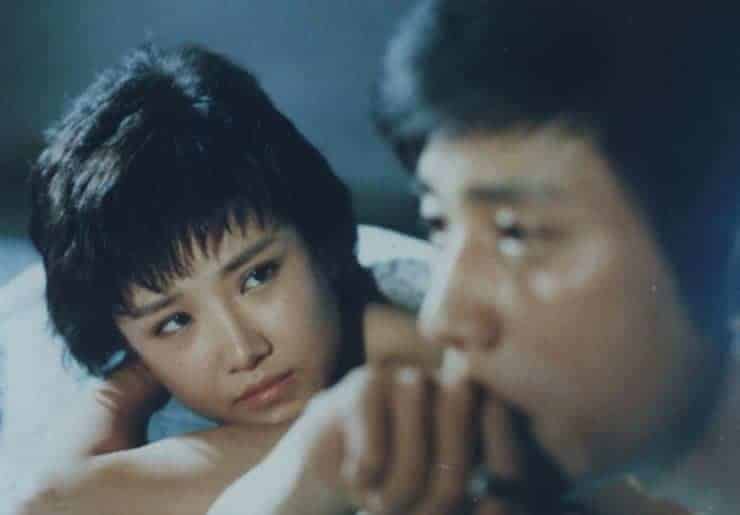
In a city in Kangwon province, Ji-sook manages a bar with Miss Yang, Miss Hong, and Se-yeong. Miss Yang and Miss Hong get used to the customers hitting on them but Se-yeong rejects all advances and works to earn money for her college boyfriend. As the days pass by, the number of customers decreases due to Se-yeong so Ji-sook scolds her. Captain Park comforts the disheartened Se-yeong but when her boyfriend Min-soo finds out about this, he breaks it off with Se-yeong. Ji-sook tries to win Min-soo over but he refuses her. Ji-sook runs into the arms of Dong-min. In between love and despair, Ji-sook pushes Min-soo into the ocean and suffers a mental breakdown. In the aftermath, each of the other women leaves to start a new life.
27. Chilsu and Mansu (Park Kwang-soo, 1988)
Born in Dongduchon, Chil-su is talented in art. While waiting for a wedding invitation from his sister in America, Chil-su quits his job painting theater signs which is his livelihood. He becomes Man-su's assistant. Man-su is in the army serving his military duty. He suffers under the dark shadow of his father. Chil-su gets dumped by Ji-na, a college student, and he loses all contacts with his sister. Understandably, Chil-su feels a little shaken. On the other hand, Man-su is unable to find stability. One night after they finished a large billboard, the two rave around the tower goofing around. However, the police are deployed when they misunderstand and think that they are trying to kill themselves. Through their misunderstanding, Man-su ultimately falls and injures himself while Chil-su is led away by the police.
28. Why Has Bodhi Dharma Left For the East? (Bae Yong-kyun, 1989)
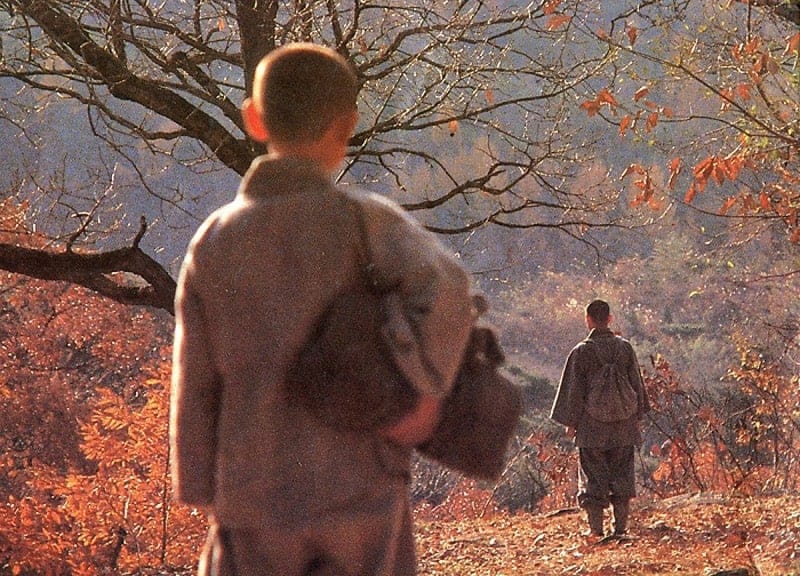
The cinematography is stunning, and it made total sense when I learned that Bae Yong-Kyun (who also acted as DOP on the film) is a painter. It took the director 7 years to complete the feature, and he did an entire team's job alone: director, cinematographer, editor (and no less than by hands), producer, distributor, screenwriter. (Oriana Virone)
Buy This Title
29. Black Republic (Park Kwang-soo, 1990)
Gi-yeong a student activist wanted by the government for leading demonstrations hides out in a ‘soon-to-be-abandoned' coal mine and works as a gofer. Sung-cheol, the coal factory owner's son, is known around town for being a tyrant in nearby coffee shops and bars. He shows uncharacteristic interest in Gi-yeong. Yeong-sook, who sells more than coffee at the coffe house, is fascinated by Gi-yeong's qualities. She decides to pursue love by giving up prostitution. Their love remains even after the threat of a worker strike. When Sung-cheol hears about his mother's death, he becomes violent towards Yeong-sook.. Gi-yeong tries to stop the fight but is pulled into it and mistaken by the police as a perpetrator. After the torture he endured, the police let him go. Gi-yeong has no choice but to leave town because his identity has been exposed. Yeong-sook sets off with him to leave the coal mine village but on her last coffee run, she runs into Seong-cheol. She kills him when he tries to stop her from leaving and is dragged off by the police as Gi-yeong watches on.
30. White Badge (Chung Ji-young, 1992)
Han Gi-joo, a journalist, must face his memories of Vietnam as he writes a series of articles on the subject for his local newspaper. The articles attract a fellow veteran, Byeon Jin-soo, who begins randomly appearing in Han's life. The film, through a series of flashbacks, depicts both the events in Vietnam and their aftermath in the lives of these two soldiers.
31. Seopyeonje (Im Kwon-taek, 1993)
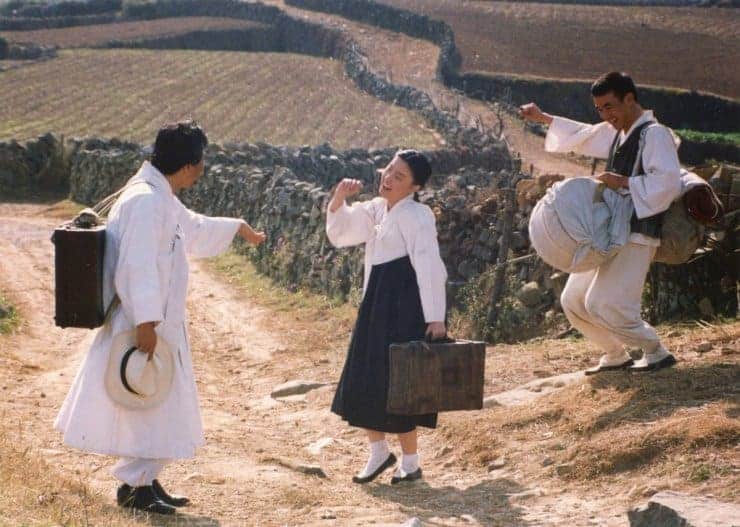
After a long search asking about his half-sister's whereabouts, Dongho finally encounters Songhwa, now a wandering and blind songstress. Pansori's wonderful emotional influence, Korean people's uprooted lives, and an artist's madness merged in the beautiful sceneries makes this film sad and cruel.
32. A Single Spark (Park Kwang-soo, 1995)
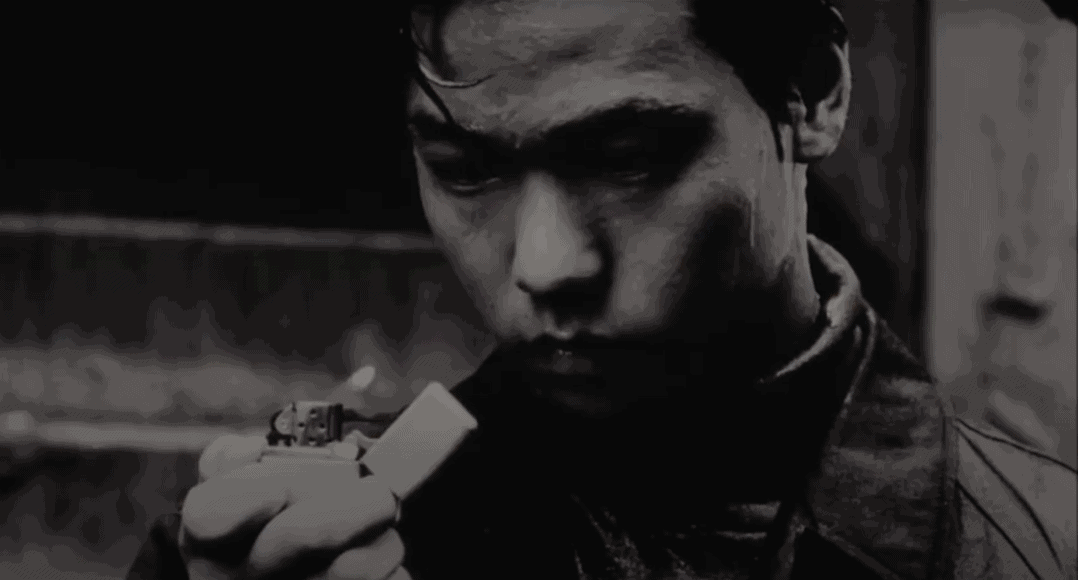
The direction by Park Kwang-su and script by Lee Chang-dong is masterful and complex though somewhat slow and subdued. Yet, each scene and movement, even word, is incredibly dense with symbols that communicate with the viewers on numerous different levels, as they convey not only about the historical context of the two-story arcs, but also the convictions and backgrounds of each of the characters and also the political views of the people that made the movie and the Kim Dae-jung government. This makes the film both highly interesting for everyone versed in the history and culture of the country but also a very good introduction to the Korean labor movement and subsequent pro-democracy movements. (Martin Lukanov)
33. A Petal (Jang Sun-woo, 1996)
May, 1980 during the Gwangju uprising. A 15-year-old girl deserts her dying mother and runs away amid gunfire. Years late, the girl calls a construction site worker Jang and follows him everywhere. Jang knows that the girl has experienced something unimaginable. The girl never talks and always has a far-off gaze. Her mind seems to be torn into pieces which frustrates Jang. He becomes absorbed into the pain and sadness of the girl, and finds her one day in front of her mother's grave. There, she tells how she had to abandon her mother in order for her to live.
34. Green Fish (Lee Chang-dong, 1997)
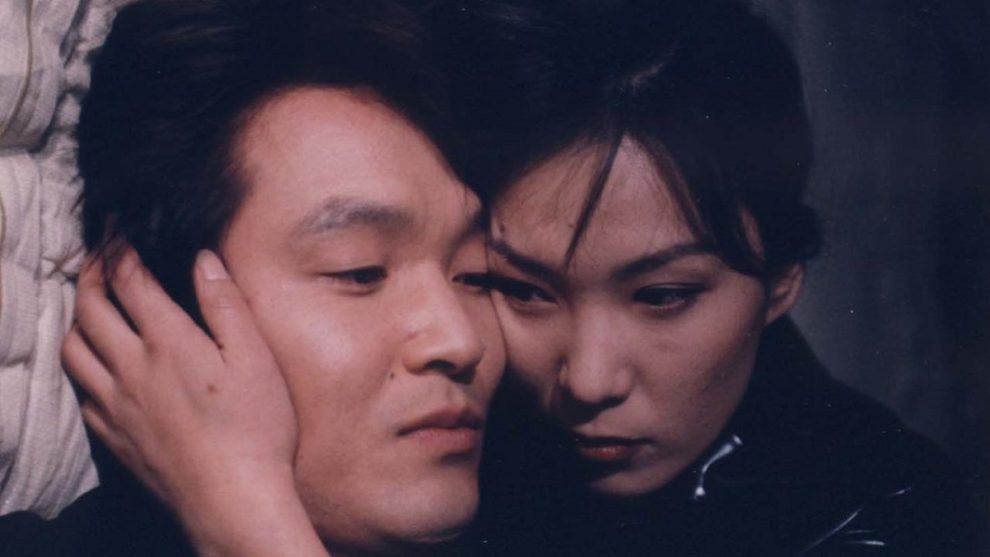
Indeed, Lee likes his heroes to be young idealists who find themselves trapped in a world wrong for them. The title reflects Makdong's final phone call of a cherished childhood memory and the final scene sees his dream realised, though he is no longer there to experience it. Innocence is so easily lost, and this is the sadness that hangs throughout Lee's career. (Andrew Thayne)
Buy This Title
35. Shiri (Kang Je-gyu, 1999)
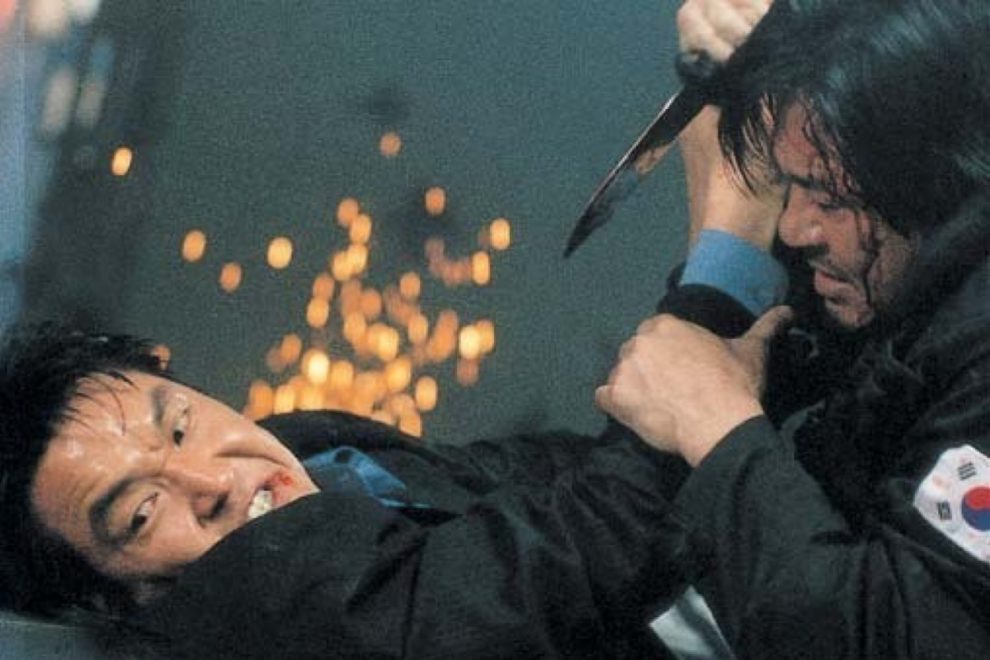
Ultimately, even though “Shiri” doesn't quite have too many cultural references that have since become a staple in Korean cinema and is influenced by the works of other industries, it still stands as a great representative of early Korean New Wave cinema and what the directors and actors of the country could achieve in a fraction of the budget that others did it for. Even in hindsight, it feels truly deserving of all the admission records it set during its theatrical run and of the “First Korean Blockbuster” label that it proudly holds. (Rhythm Zaveri)
Buy This Title
36. Nowhere to Hide (Lee Myung-se, 1999)
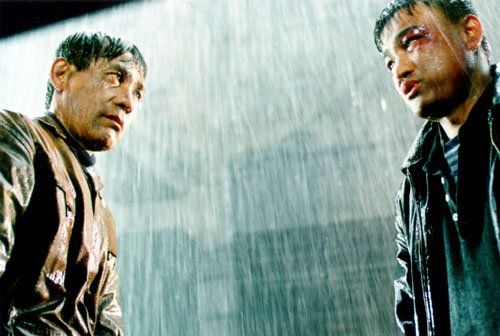
As passersby run for cover in the torrential rain, a mysterious man walks up the Forty Steps and Slashes another man to death. The killer disappears with a briefcase full of cash while his accomplices finish off the dead man's subordinate. The initial police investigation reveals an underground drug world at war. Veteran police detective Woo is assigned to this case. A workaholic with no personal life, Woo works by instinct and frequently defies police regulations. Unlike Woo, his partner Kim is a rational and sensitive family man. The two join forces with four other detectives to pursue the mysterious assassin, Jang Seong-min. However the group barely manages to have several close encounters with Seong-min. Woo and his team devises an air-tight plan to arrest him by disguising themselves as employees on a train that Seong-min is scheduled to be on for a drug deal. As all hell breaks lose between Woo's men and Seong-min's, Seong-min once agin escapes the scene, but not before stabbing Kim. A furious Woo charges towards Sun-min's hometown, expecting to have another chance at catching him. At last, the two men face off for their final showdown.
37. Peppermint Candy (Lee Chang-dong, 1999)

“Peppermint Candy” is a powerful drama, a visually stunning exploration of issues like fate, time and memory and how they shape our lives. With a brilliant leading performance by Sol Kyung-gu and a cleverly constructed script written by the director himself, “Peppermint Candy” remains a great entry into a body of work which has yet to be discovered by many cinephiles out there. (Rouven Linnarz)
Buy This Title
38. The Isle (Kim Ki-duk, 1999)
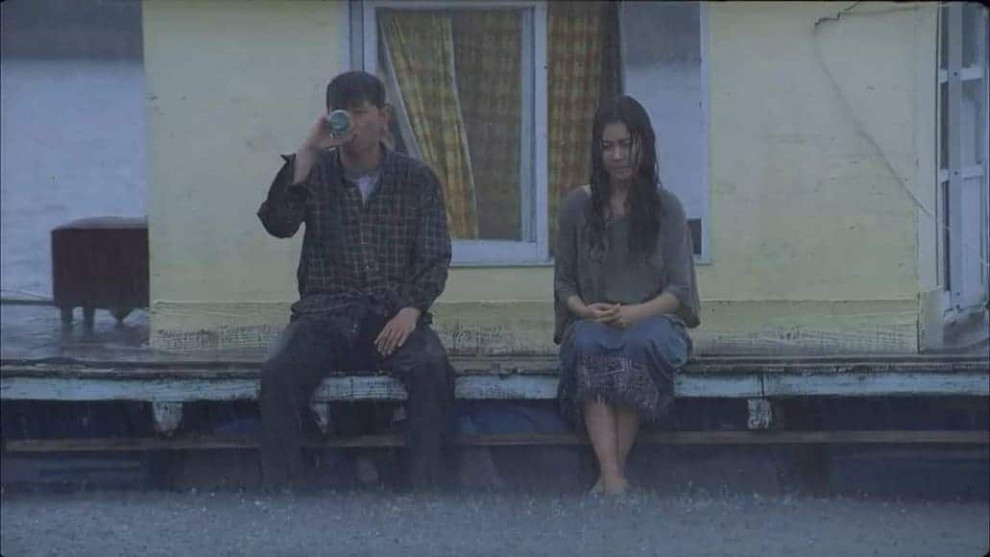
“The Isle” is a blend of love-story and drama by one of the most interesting artists from South Korea. While there will still be controversy surrounding some of the scenes of the film, the artistic appeal, the astounding beauty of cinematographer Hwang Seo-shik's images and the bold acting make “The Isle” a noteworthy work in the director's filmography. (Rouven Linnarz)
Buy This Title
39. Attack the Gas Station (Kim Sang-in, 1999)
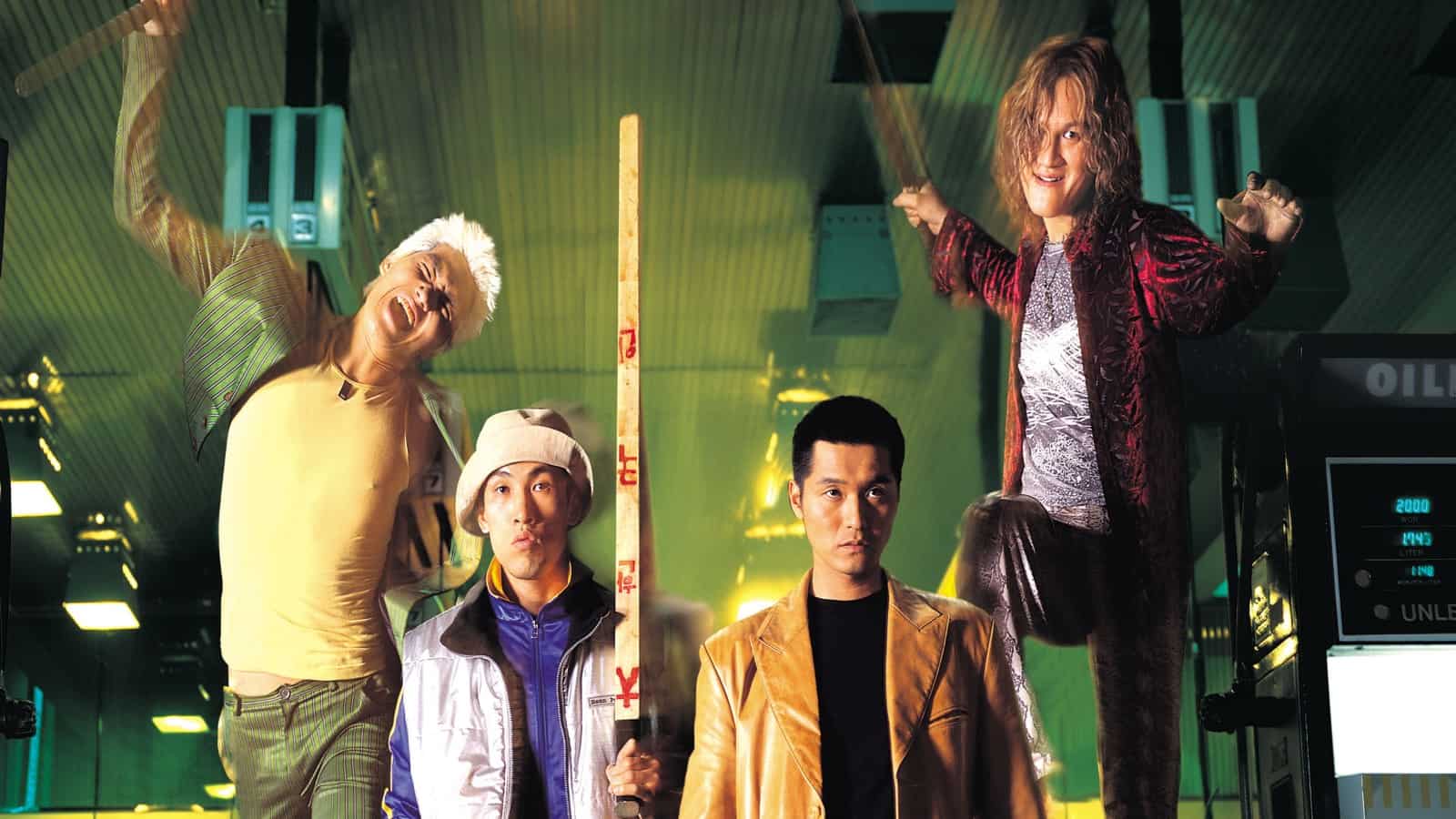
At its best, “Attack the Gas Station!” is a relentless offering of zany, off-the-cuff humour and wall-to-wall freneticism. Park Jeong-woo's narrative never takes itself too seriously, which ultimately results in a pacey release which is allowed to zip by without anything truly meaningful ever taking place. Sure there are the comments on the way that the Korean society, and their “bullshit slogans” leads to youths being left behind, but Park ensures that his energetic brand of comedy remains rigid, and that melodrama never seeps into his otherwise succinct writing. (Nathan Sartain)
Buy This Title
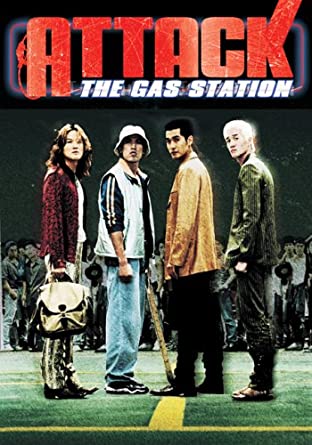
40. Il Mare (Lee Hyun-seung, 2000)
A woman moving out of her beautiful seaside home named Il Mare. She leaves a letter in the mailbox, but somehow it is delivered back in time to Sang-hyun, the previous owner of the house. Upon receiving the letter, Sang-hyun, a gifted young architect, refuses to believe that the writer lives two years in the future. Nonetheless the two take up a written correspondence. The woman asks Sang-hyun to recover a tape recorder which she lost in the subway station two years hence. As he arrives at the station, he sees a beautiful woman boarding the train, accidentally leaving her tape recorder behind…



